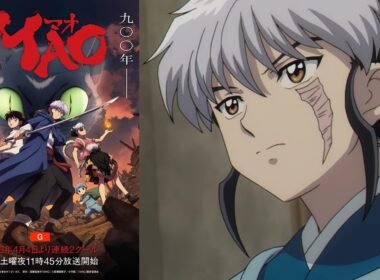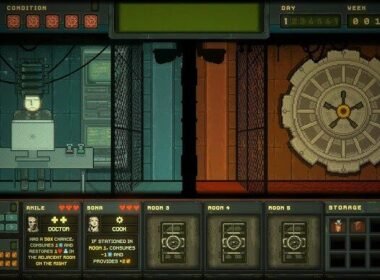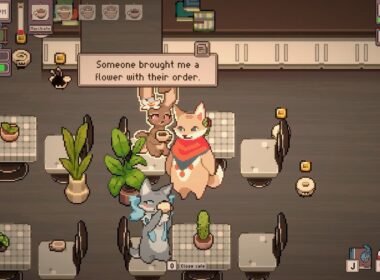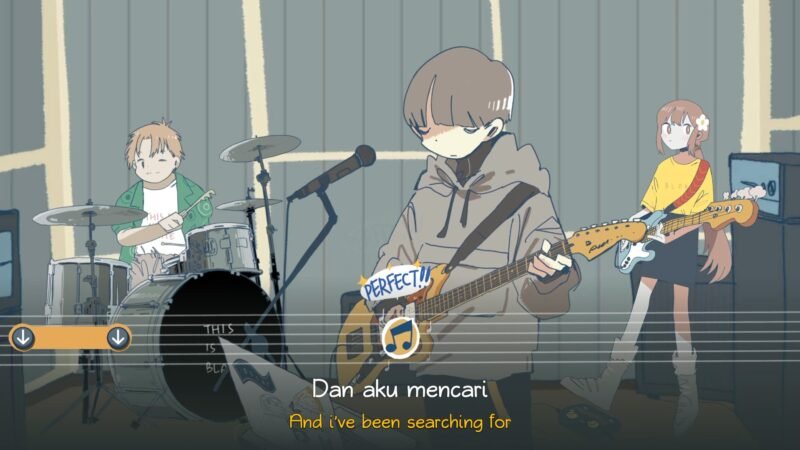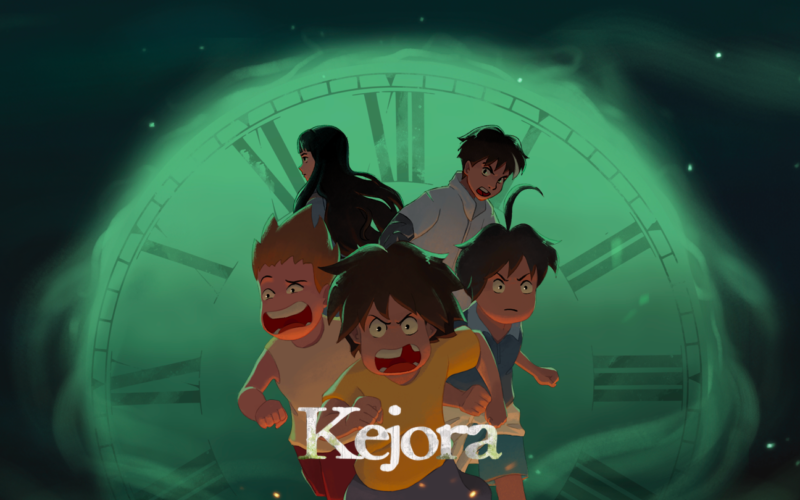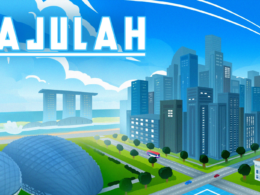From the creator of Coffee Talk and What Comes After, comes a slice-of-life adventure set in modern Jakarta about love, loss and finding your own way forward. Step into the shoes of Rama, a young musician struggling to move on with life after the death of his girlfriend, Cinta.
Developed by: Pikselnesia
Played on: Steam
Length: 7 hours
A review key was provided by Fellow Traveller.
Grief is a universal melody, one with a hook that follows you everywhere. It is persistent and haunting, and demands to be felt until the very last note. Pikselnesia’s highly anticipated second title explores this to the fullest extent by placing you in the shoes of Rama, a young musician who struggles to move on after the death of his girlfriend, Cinta — a feat that proves challenging considering he can still hear her voice in his head.
Afterlove EP takes place over the course of thirty in-game days, in which Rama attempts to carve a path through the enormity of his grief. His life becomes overwhelming, and so is our player experience. We’re right there with him as he listens to Cinta in one ear and the rest of the world in the other. The choice here to have Cinta as the only voiced character in the game is incredibly powerful, placing us directly in Rama’s head as he wades through the noise of his own emotions.

While most narratives prefer to capture the drama of the big tragedy, Afterlove EP takes a more grounded approach to grief that many will find relatable. Grief, after all, is a process. Playing as Rama, we get to choose how he works through his loss in a social sim styled structure; whether it’s deciding to start going to therapy, reminiscing over old memories with Cinta, busking on the streets to earn extra income, or even opening himself up to new relationships.
All the while, the figment of Cinta in his mind is a constant and inconsistent presence. Sometimes she’s our biggest cheerleader, other times she plays the devil’s advocate. This flickering of her personality in his mind is painfully realistic, albeit bordering tiresome at times. Her likeability is going to be hit or miss with a lot of players, but I personally enjoyed how it provides a fractured insight into the way Rama views himself throughout the game.

Thirty days feels like a lot of time, until it isn’t. Between trying to hold his head above the grief and keeping the band from falling apart, Rama also has three possible love interests to pursue: Regina, his bandmate’s fashion model ex-girlfriend; Mira, a struggling workaholic and aspiring poet; and Satria, the local music store owner with an attitude.
It’s worth noting that romance doesn’t have to be in the end-cards if you don’t want it to be, but it doesn’t detract from the excellent character writing on display here. My personal favourite and greatest surprise ended up being Satria, a character who explored the realities of living as a queer person in modern day Indonesia. Mira’s insecurities about her poetry and her toxic relationship with productivity also felt resonant in this day and age, while only Regina felt a little one-toned and too much of a violation of the bro code for my tastes.

Each character offered a different perspective and helped Rama open up about his grief, which made it an even bigger shame that there wasn’t enough time to experience all three character arcs in a single playthrough. The game restricts you to one activity in the day and one at night, with certain time slots being locked off for main story quests. Each activity inadvertently becomes an opportunity cost, one that isn’t felt until you run out of time at the final stretch.
In my first playthrough, I fell for the trap of achievement hunting instead of spending time with my love interest of choice, which led to a bad ending presumably because I didn’t complete their story arc. It also led to some pretty painful sequence breaking, where a big romance event ended up overriding the ending of the game. Thankfully, it was nothing that couldn’t be fixed by loading an old save file, although I would love to see the game add a more efficient “skip dialogue” feature in future updates.

Afterlove EP may be a little rough around the edges, but truthfully, the game hasn’t left my mind since I put it down. There is a rawness to the grief portrayed in this story, not least of all because it serves as both the posthumous swan song and a tribute to the studio’s late founder, Mohammad Fahmi Hasni.
Having followed Fahmi’s career from Coffee Talk to What Comes After, it is no exaggeration to say that his spirit lives on in the bones of Afterlove EP; from his early creative choices to collaborate with Indonesian artists Soyatu and L’Alphalpha, to his persistent exploration of themes surrounding the meaning of community, life and death. It seemed like cosmic poetry that his final tale would be one about endings and new beginnings.
While it’s impossible for us to know what Fahmi’s version of Afterlove EP would have been like, in my personal opinion, the next generation of Indonesian stories are in good hands.
Verdict: We’re Not Ready To Move On
Pikselnesia’s highly anticipated second title is a tender narrative about love, told through the lens of a young musician haunted by loss. Featuring compelling characters and truthful writing, complemented by art and music from Soyatu and L’Alphalpha, Afterlove EP is a touching exploration of what happens after tragedy and a beautiful tribute to the studio’s late founder, Mohammad Fahmi.
Wishlist Afterlove EP on Steam, and top up your Steam Wallet on Codashop for bonus rewards.



